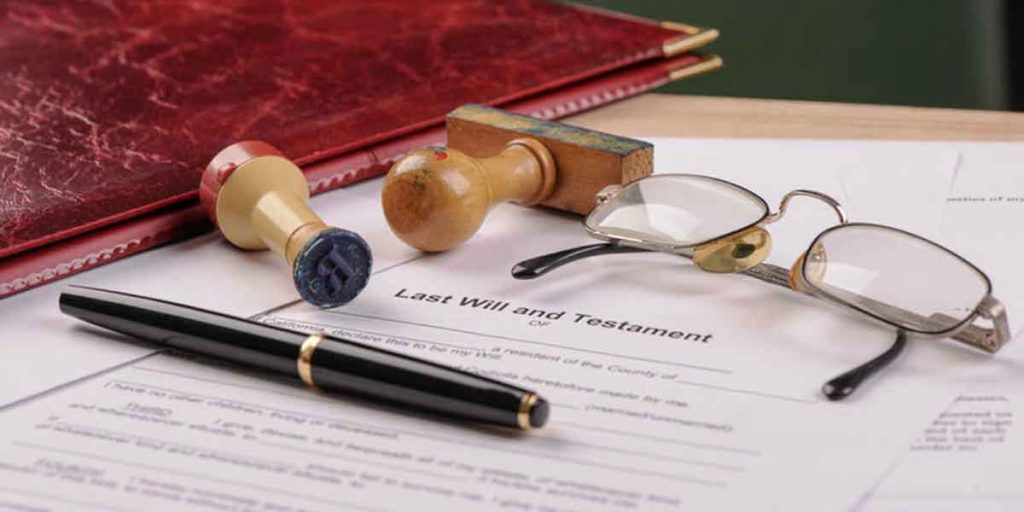Probate guardianship is something many individuals will never have to consider. However, for those who are thinking of becoming a guardian or thinking about who they might designate as a guardian in their will, understanding how guardianship works can help them make better decisions.
Probate guardianship takes place when a probate court chooses someone to be the guardian over another person (typically a minor, or an incapacitated individual) or over that person’s finances.
What is a probate guardian?
A probate guardian is a person chosen by the probate court to manage the affairs and/ or finances of an individual who is unable to do so themselves, either because they are a minor or they are incapacitated.
There are2 types of probate guardianship:
Probate guardianship of the person
A guardianship of the person is created when someone aside a child’s parents (or, in the case of the incapacitated individual, someone other than themselves) is caring for the child and needs legal authority to act in their stead. This type of guardianship is generally what people mean when they refer to a guardian for a minor.
A guardianship may be required because of the death of a parent. However, it could also be the result of a child being relocated from a parent’s care.
Probate guardianship of the estate
A guardianship of the estate involves managing only the child’s or incapacitated individual’s assets, income, money, or property. Guardianships of the estate are mostly commonly used when a minor inherits cash or other assets, and these individuals are often regarded as financial guardians.
If the child has a surviving parent, a probate court will most likely appoint that person to be the guardian of the estate. Note that the court may appoint the same individual to be the guardian of the person as well as the guardian of the estate. However, if they have reason to keep those two roles separate, they will appoint two separate guardians.
Before we proceed, let’s look at what probate is.
What is probate?
Put simply, probate is a legal procedure your estate undergoes after you pass away. During the probate proceeding, a court will begin the process of sharing your estate to the right heirs.
Probate is always simpler if you own a will and/ or Living Trust that explicitly states your wishes. These documents help most by naming your beneficiaries and an executor. An executor is the individual charged with supervising your ultimate wishes.
If you have created an estate plan, you are smart. Creating a will or living trust makes a hard life-event just a little easier for your loved ones.
Who needs a probate guardian?
Courts choose guardians for minors who cannot be catered to by parents (either because of death or other issues like abuse or incarceration) and for adults who are incapacitated and cannot manage their own affairs.
Who will the court choose as a guardian?
If the decedent designated a guardian in their will or other estate planning documents, then that guardian will be selected unless there is some reasonable reasons to appoint a different guardian ( such as unavailability, incapacity, or unfitness or the original guardian—or the invalidation of the will).
If there is no valid will or if the will doesn’t designate a guardian, the court will select a guardian according to the best interest of the child. They generally select a family member if one is available. A third party, like a close friend, could petition the court to fill in the role of a guardian.
How do you choose a guardian?
If you have little children and you do no other estate planning (though we recommend proper estate planning), draft a will and designate a guardian in the event of your death.
None of us want to imagine death or leaving our kids behind. However, tragedies do happen, and families are left trying to find out what their loved ones would have wished.
Do you have any questions about how probate guardianship works, or would like help with estate planning, please feel free to contact us to schedule a consultation. Our team of professionals are here to help.









